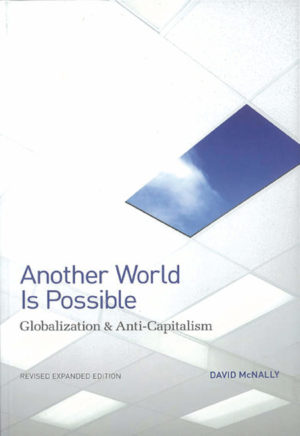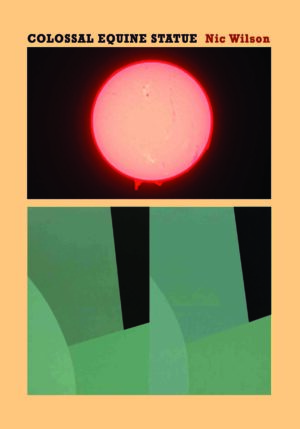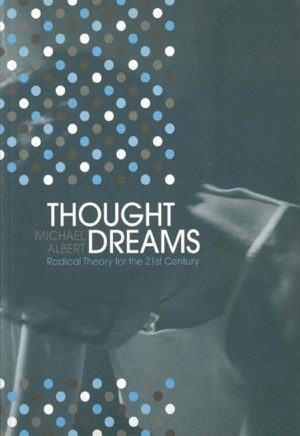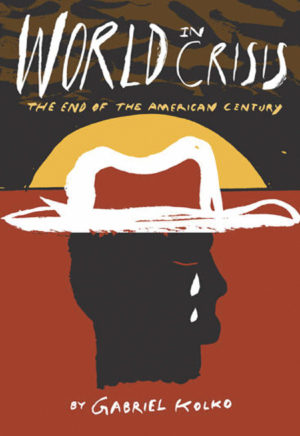The former metalworker and trade union leader Lúis Inácio ‘Lula’ da Silva-known to everyone as Lula-was elected president of Brazil in late 2002 in his fourth attempt since founding the Workers’ Party in 1980. The Party Without Bosses features a discussion between Lula and the psychoanalyst Félix Guattari that took place in the heady days after the birth of the Workers’ Party. At the time, the optimism and radicalism of the 1970s in South America were beginning to fade in the face of Reaganism’s gathering momentum, and the Left had entered a protracted period of frustration and defeat. The discussion is introduced by leading Guattari scholar Gary Genosko and, in addition, contains his lively diaristic essay on the 2002 campaign.
Buy From:
The Party without Bosses
Lessons on Anti-Capitalism from Félix Guattari and Luís Inácio 'Lula' da Silva
It is precisely the inappropriateness of Genosko’s book that makes it so facsinating and so pertinent. Resisting the tendency to be merely another example of the work prescribed by Empire, The Party Without Bosses nevertheless demands that the interview between Guattari and Lula, along with Guattari’s work on the IWC, remains applicable-even contemporary with present work on globalization. Genosko actively resists a narrow, temporal determinism, seeing the anachronistic as a site that must be opened again and again within what is considered present. – Politics and Culture

 OUR BOOKS
OUR BOOKS
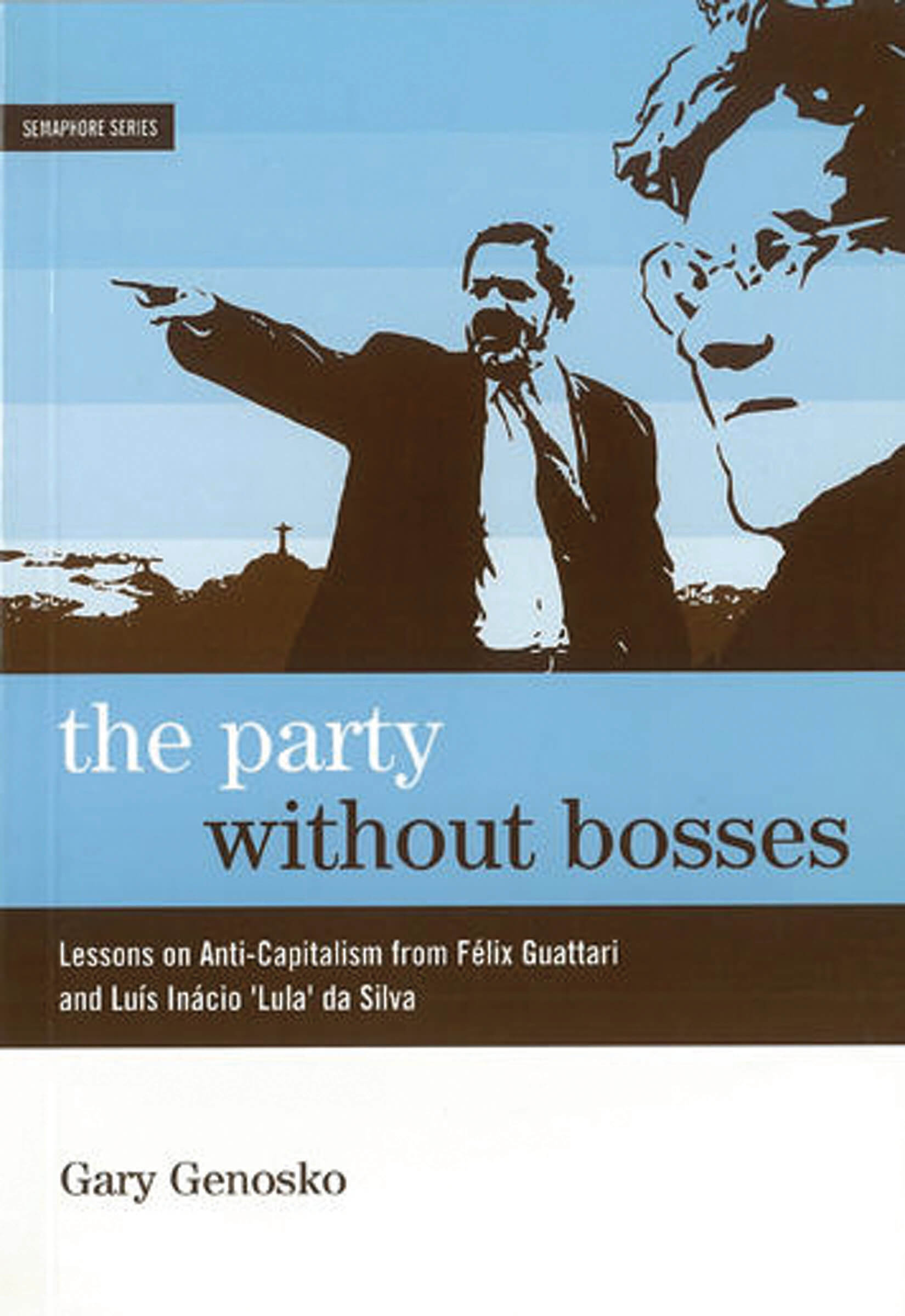


 US Shopping Link (Buy the Paperback @ AK Press)
US Shopping Link (Buy the Paperback @ AK Press)
